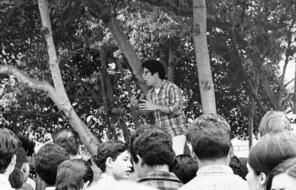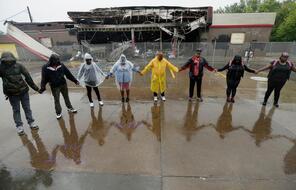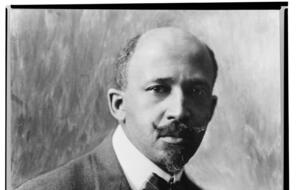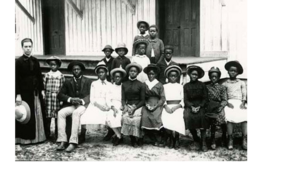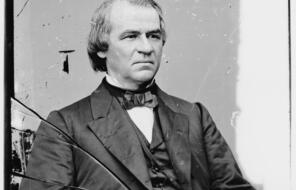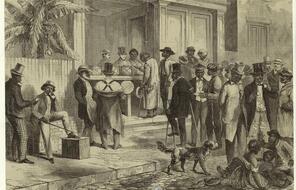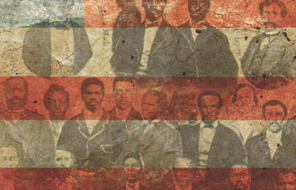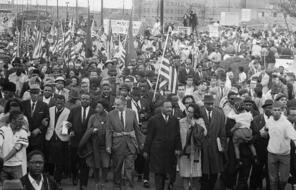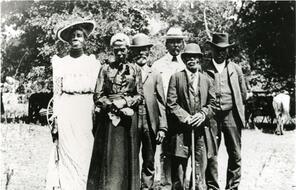The Role of Carpetbaggers
At a Glance
Language
English — USSubject
- History
- Democracy & Civic Engagement
- Racism
Alexander White, a white congressman from Alabama, describes the role that “carpetbaggers” and “scalawags” played in Reconstruction politics.
These white republicans are known by the contemptuous appellation of carpet-bagger and scalawag . . . [T]hey are a northern growth, and unless going South expatriates them, they are still northern men . . . But who are they? . . . Most of them have titles, not empty titles complaisantly bestowed in the piping times of peace, but titles worthily won by faithful and efficient service in the Federal armies, or plucked with strong right arm from war’s rugged front upon the field of battle . . . These men either went South with the Union armies and at the close of the war remained there; or went there soon after, in the latter part of 1865 or early in 1866, to make cotton. The high price of cotton in 1865 and 1866, and the facility with which cheap labor could be obtained, induced many enterprising northern men, especially the officers in the Federal armies in the South who had seen and become familiar with the country, to go or remain there to make cotton. Many purchased large plantations and paid large sums of money for them; others rented plantations, in some instances two or three, and embarked with characteristic energy in planting. This, it should be remembered, was before the civil-rights bill or the reconstruction acts, before the colored people had any part in political matters, and two years before they ever proposed to vote or claimed to have the right to vote at any election in the Southern States.
When the political contests of 1868 came on in which the colored people first took part in politics, as near all the native population in the large cotton-growing sections were opposed to negro suffrage and opposed to the republican party, they very naturally turned to these northern men for counsel and assistance in the performance of the new duties and exercise of their newly acquired political rights, and they as naturally gave them such counsel and became their leaders, and were intrusted with official power by them.
This brief summary will give you a correct idea of the manner in which, as I believe, nine-tenths of those who are called carpet-baggers became involved in political affairs [in the] South . . .
Without their co-operation and assistance the colored republicans could neither organize nor operate successfully in political contests, and without them the [Republican] party would soon be extinguished in the Southern States... 1
- 1 Excerpted from William E. Gienapp, ed., The Civil War and Reconstruction: A Documentary Collection (New York: W. W. Norton, 2001), 374–375.
How to Cite This Reading
Facing History & Ourselves, "The Role of Carpetbaggers," last updated March 14, 2016.
This reading contains text not authored by Facing History & Ourselves. See footnotes for source information.

